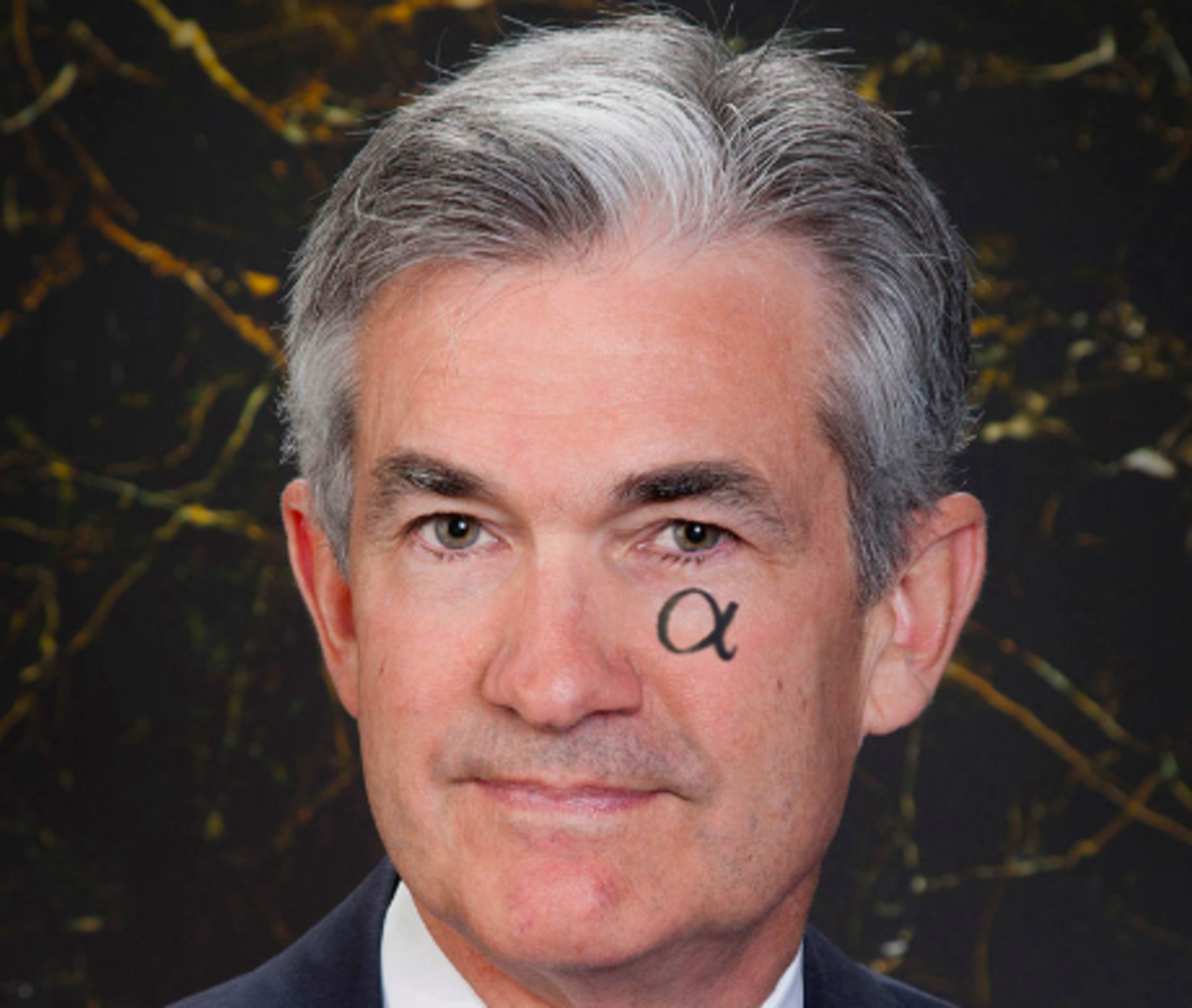Want to strike fear in a patentee’s heart? Just mention the PTAB, the USPTO’s judicial arm responsible for adjudicating IPR petitions filed by patent challengers. True, the perception that the PTAB is an automatic patent-killing machine has moderated a bit over time. But that changed perception in the public consciousness is of little solace to patent owners forced to run the PTAB gauntlet in the hopes of keeping their assets alive. It is therefore unsurprising that patentees, especially those in the midst of patent-enforcement efforts, will do almost anything to avoid being dragged into a PTAB battle where avoiding a premature end to an enforcement campaign is the primary goal.
For most patentees, there is not much they can do to avoid being dragged into an IPR defense. Especially if they are looking to recover more than nuisance value for a license to their patents. (As has been noted in this column and elsewhere, IPRs have done more to reduce the amount of money considered nuisance value in patent litigation than perhaps any other legal development in the patent space). Nowadays, it is almost a given that a defendant will file at least one IPR within the one-year time limit against any patent asserted against that defendant in litigation. And some defendants like to push the PTAB to the limits, by filing multiple IPRs (six in one case I know about) against a single patent. In short, IPRs are de rigeur in modern patent litigation.
Every so often, however, a patentee has the ability to try and stop IPRs in their tracks. The motivation to try and do so is clear. Eliminating the single greatest threat to an asserted patent is always worth the effort, especially in those high-value cases where the patentee is hoping for a real, rather than nuisance value, level of recovery. In fact, two recent decisions help define the contours around when a patentee may be able to keep a filed IPR from proceeding. Both cases involved contractual language involving the parties in the litigation — but also led to different results based on the different postures of the parties in each case.
The easier case perhaps is where the defendant had previously agreed not to challenge the validity of the patent, while also agreeing to a forum selection clause. In an April opinion, the Federal Circuit upheld the grant of a preliminary injunction requiring the defendant (MerchSource) to withdraw three filed IPRs against patents asserted against them by a small VR headset seller called Dodocase. Dodocase had entered into a licensing arrangement with MerchSource, with the governing license agreement containing a forum selection clause specifying that any disputes arising out of the licensing agreement would be litigated in California. Such a dispute arose when MerchSource decided to stop paying royalties. Which led Dodocase to sue, followed by MerchSource filing IPRs. The Federal Circuit agreed that the district court had not abused its discretion by interpreting the forum selection clause as excluding MerchSource’s ability to challenge the patents in the PTAB.
In contrast to the result in Dodocase, a plaintiff called NuCurrent (designer of wireless charging solutions) was unable to stop Samsung IPRs targeting each of NuCurrent’s asserted patents. Like Dodocase, NuCurrent filed a motion for a preliminary injunction asking the court to order Samsung to withdraw the IPRs, based on an NDA that had been entered into by the parties a few years prior. That NDA had a forum selection clause requiring that any cases arising out of the NDA be filed in New York and no other jurisdiction — which would ostensibly include the PTAB. Here, however, the operative contract — the NDA — had expired a year before Samsung filed its IPRs. Accordingly, the SDNY’s Judge Denise Cote found that Samsung was not in breach of any obligations when it filed its IPRs. Without a breach by Samsung, no preliminary injunction could issue.
Interestingly, Judge Cote also decided to address the other preliminary injunction factors, providing a glimpse into how she views IPRs in the process. With respect to factor two, likelihood of irreparable injury, Judge Cote found that the AIA specifically contemplates IPRs proceeding concurrently with patent infringement cases. Add in the PTAB’s unique role in determining the validity of already-issued patents, and there was no basis for arguing that NuCurrent faced irreparable harm if the IPRs proceeded.
Similarly, the balance of hardships also tilted in Samsung’s favor, since it would face a time-bar against filing new IPRs if the preliminary injunction issued. Finally, Judge Cote found the public interest was satisfied if Samsung was allowed to challenge the patents via IPR, rather than being forced to litigate validity solely before her.
Ultimately, the role of IPRs in modern patent litigation shows no signs of abatement. Litigants on both sides, therefore, will continue to look for every advantage when it comes to IPRs. What Dodocase and NuCurrent demonstrate is that parties must show extreme caution when negotiating forum selection and non-aggression clauses — particularly where a patent dispute between the parties may end up in court. For patentees, getting prospective defendants to agree to forum selection clauses that preclude those entities from filing IPRs is a worthwhile effort. And those worried about infringement claims should be very careful about agreeing to any restrictions on their ability to file IPRs in the future. Because defendants know that patentees will do everything they can to dodge the PTAB. Best not make it an easy dodge.
Please feel free to send comments or questions to me at gkroub@kskiplaw.com or via Twitter: @gkroub. Any topic suggestions or thoughts are most welcome.
Gaston Kroub lives in Brooklyn and is a founding partner of Kroub, Silbersher & Kolmykov PLLC, an intellectual property litigation boutique, and Markman Advisors LLC, a leading consultancy on patent issues for the investment community. Gaston’s practice focuses on intellectual property litigation and related counseling, with a strong focus on patent matters. You can reach him at gkroub@kskiplaw.com or follow him on Twitter: @gkroub.






 Kathryn Rubino is a Senior Editor at Above the Law, and host of
Kathryn Rubino is a Senior Editor at Above the Law, and host of 












